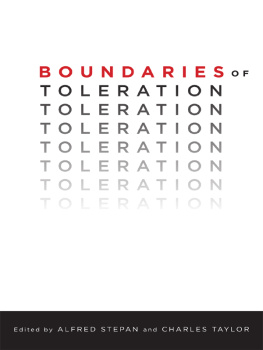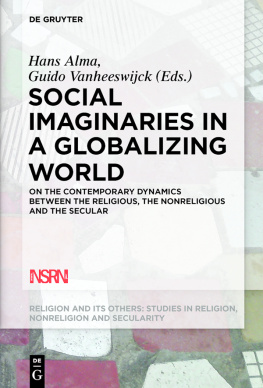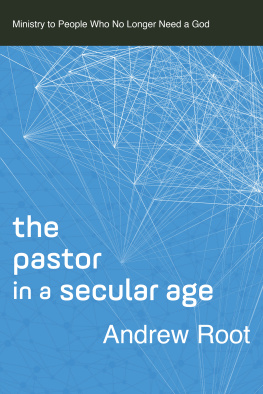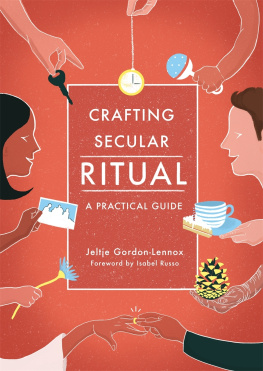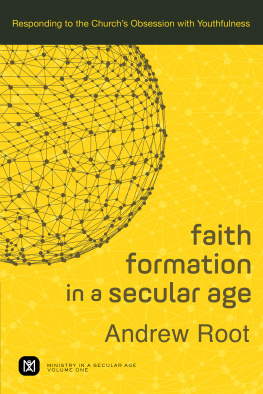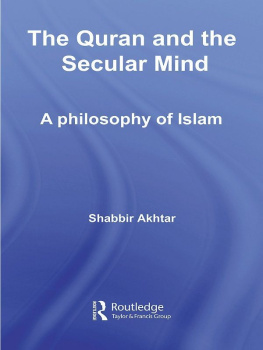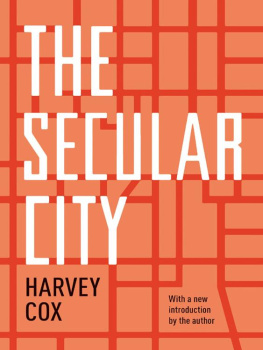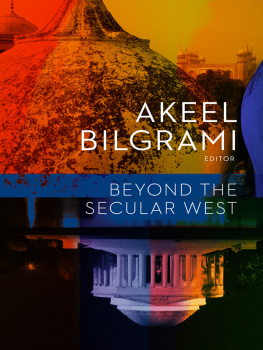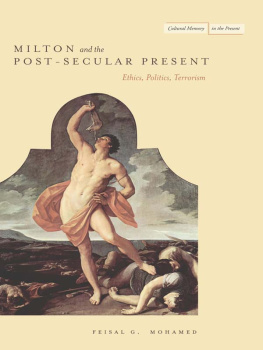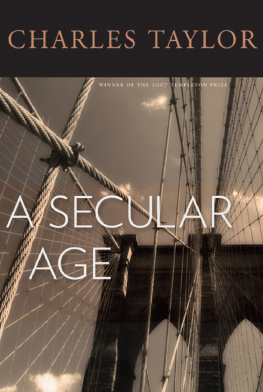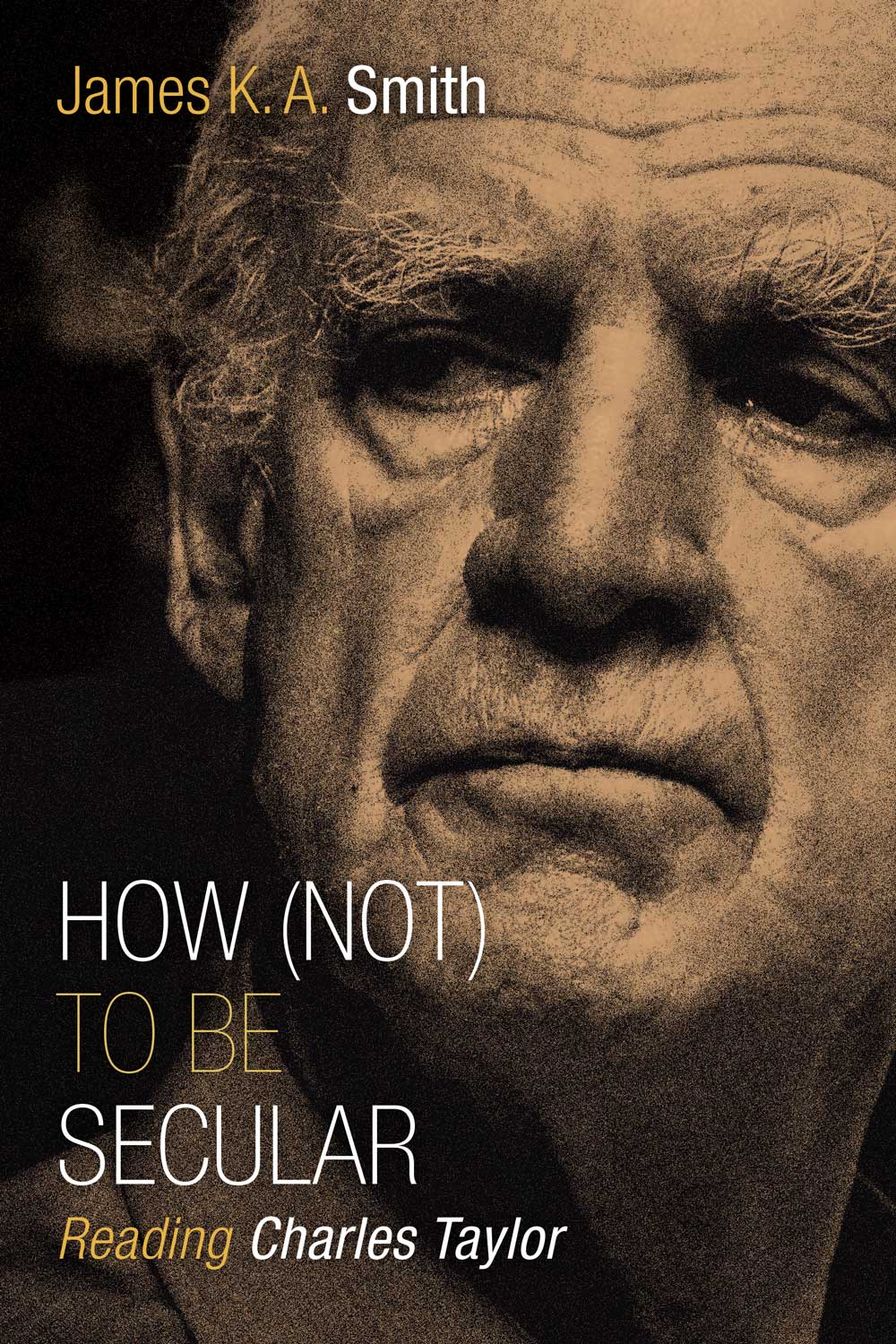How (Not) to Be Secular
Reading Charles Taylor
James K. A. Smith
William B. Eerdmans Publishing Company
Grand Rapids, Michigan / Cambridge, U.K.
Contents
Youre a pastor or a church planter who has moved to Brooklyn or Berkeley or Boulder. Maybe you received a call to transplant yourself from Georgia or Grand Rapids or some other religious region of the country, sensing a burden to proclaim the gospel in one of the many so-called godless urban regions of North America. Youve left your Jerusalem on a mission to Babylon. You came with what you thought were all the answers to the unanswered questions these secular people had. But it didnt take long for you to realize that the questions werent just unanswered; they were unasked. And they werent questions. That is, your secular neighbors arent looking for answers for some bit of information that is missing from their mental maps. To the contrary, they have completely different maps. Youve realized that instead of nagging questions about God or the afterlife, your neighbors are oriented by all sorts of longings and projects and quests for significance. There doesnt seem to be anything missing from their lives so you cant just come proclaiming the good news of a Jesus who fills their God-shaped hole. They dont have any sense that the secular lives theyve constructed are missing a second floor. In many ways, they have constructed webs of meaning that provide almost all the significance they need in their lives (though a lot hinges on that almost).
Suffice it to say that the paradigms you brought to your ministry have failed to account for your experience thus far. You thought you were moving to a world like yours, just minus God; but in fact, youve moved to a different world entirely. It turns out this isnt like the Mars Hill of Saint Pauls experience (in Acts 17) where people are devoted to all kinds of deities and you get to add to their pantheon by talking about the one, true God. No, it seems that many have managed to construct a world of significance that isnt at all bothered by questions of the divine though that world might still be haunted in some ways, haunted by that almost. Your neighbors inhabit what Charles Taylor calls an immanent frame; they are no longer bothered by the God question as a question because they are devotees of exclusive humanism a way of being-in-the-world that offers significance without transcendence. They dont feel like anything is missing.
So what does it look like to bear witness in a secular age? What does it look like to be faithful? To what extent have Christians unwittingly absorbed the tendencies of this world? On the one hand, this raises the question of how to reach exclusive humanists. On the other hand, the question bounces back on the church: To what extent do we believe like exclusive humanists?
These are the sorts of questions this book aims to answer. Think of it as a doctor of ministry program between two covers a philosophical ethnography of the world you inhabit, and in which you minister. Think of me as an assistant docent to this new world coming alongside the primary guide, philosopher Charles Taylor, whose book A Secular Age is just the resource you didnt know you needed.
But maybe this doesnt describe you. Maybe you consider yourself secular an atheist, perhaps, or at least agnostic, and generally just completely unconcerned with God or religion or church or any of that. Its not like youve left the faith or killed God; he never existed in the Brooklyn you call home. Indeed, in the circles you run in, matters of spirituality or transcendence just never arise. The existential world is flat. Youre over it. Lets move on. Sure, were all trying to find significance or make meaning and vaguely trying to figure out just what the hell this is all about. But cmon: that doesnt mean were going to entertain fairy tales.
Which is why youre constantly puzzled by all these people you read about in the Times or the New Yorker who are, like, super religious who cant imagine that God doesnt exist. They seem to inhabit some other universe than your own.
Then one of your friends starts reading Mary Karrs memoirs, and even starts flirting with Catholicism. After a few months she invites you to St. Patricks Cathedral on Christmas Eve and youre thinking this must just be a therapeutic strategy, a kind of puritanical form of self-medication. But you cant bring yourself to go along. So you stay home, alone, and before you know it, just as the bourbon is taking hold, one of those unbelievably ambiguous and nostalgic songs by The Postal Service comes on. You know, one of those songs with the sprite, light tune that lulls you into thinking its just banal triviality, but then somehow you hear it again as if for the first time and all of a sudden you feel yourself in the song...
And Im looking through the glass
Where the light bends at the cracks
And Im screaming at the top of my lungs
Pretending the echoes belong to someone
Someone I used to know.
... and youre spooked by the longings this articulates, naming something that wells up in you from some subterranean cavern in your consciousness and you feel stupid that youre crying but you cant stop and you want to just blame it on the bourbon and the loneliness and yet there is the oddest taste of some distant joy calling to you in those tears and youre not sure what to do with any of this.
This book is for you, too.
On the one hand, this is a book about a book a small field guide to a much larger scholarly tome. It is both an homage and a portal to Charles Taylors monumental Secular Age, a book that offers a genealogy of the secular and an archaeology of our angst. This is a commentary on a book that provides a commentary on postmodern culture.
On the other hand, this is also meant to be a kind of how-to manual guidance on how (not) to live in a secular age. It is ultimately an adventure in self-understanding, a way to get our bearings in a secular age whoever we might be: believers or skeptics, devout or doubting. Whether were proclaiming the faith to the secularized or were puzzled that there continue to be people of faith in this day and age, Charles Taylor has a story meant to help us locate where we are, and whats at stake. That existential aspect of Taylors project is admittedly buried in a lot of history and footnotes and long digressions. So Im trying to distill and highlight this aspect of his argument precisely because I think it matters and matters especially for those believers who are trying to not only remain faithful in a secular age but also bear witness to the divine for a secular age.
I am an unabashed and unapologetic advocate for the importance and originality of Taylors project. I think A Secular Age is an insightful and incisive account of our globalized, cosmopolitan, pluralist present. Anyone who apprehends the sweep and force of Taylors argument will get a sense that hes been reading our postmodern mail. His account of our cross-pressured situation suspended between the malaise of immanence and the memory of transcendence names and explains vague rumblings in the background of our experience for which we lack words.
I have several audiences in mind for this book, precisely because I believe A Secular Age incorporates several different veins of concern. I hope it will be a resource for social scientists, theologians, philosophers, and religious studies scholars grappling with issues of secularization and religion in our contemporary world.
This is a philosophical handbook intended for practitioners. To translate and unpack the implications of Taylors scholarly argument for practice especially ministry I will employ callout boxes like this one to raise questions for reflection and to consider some of the applications and implications that A Secular Age raises for the practice of faith.


